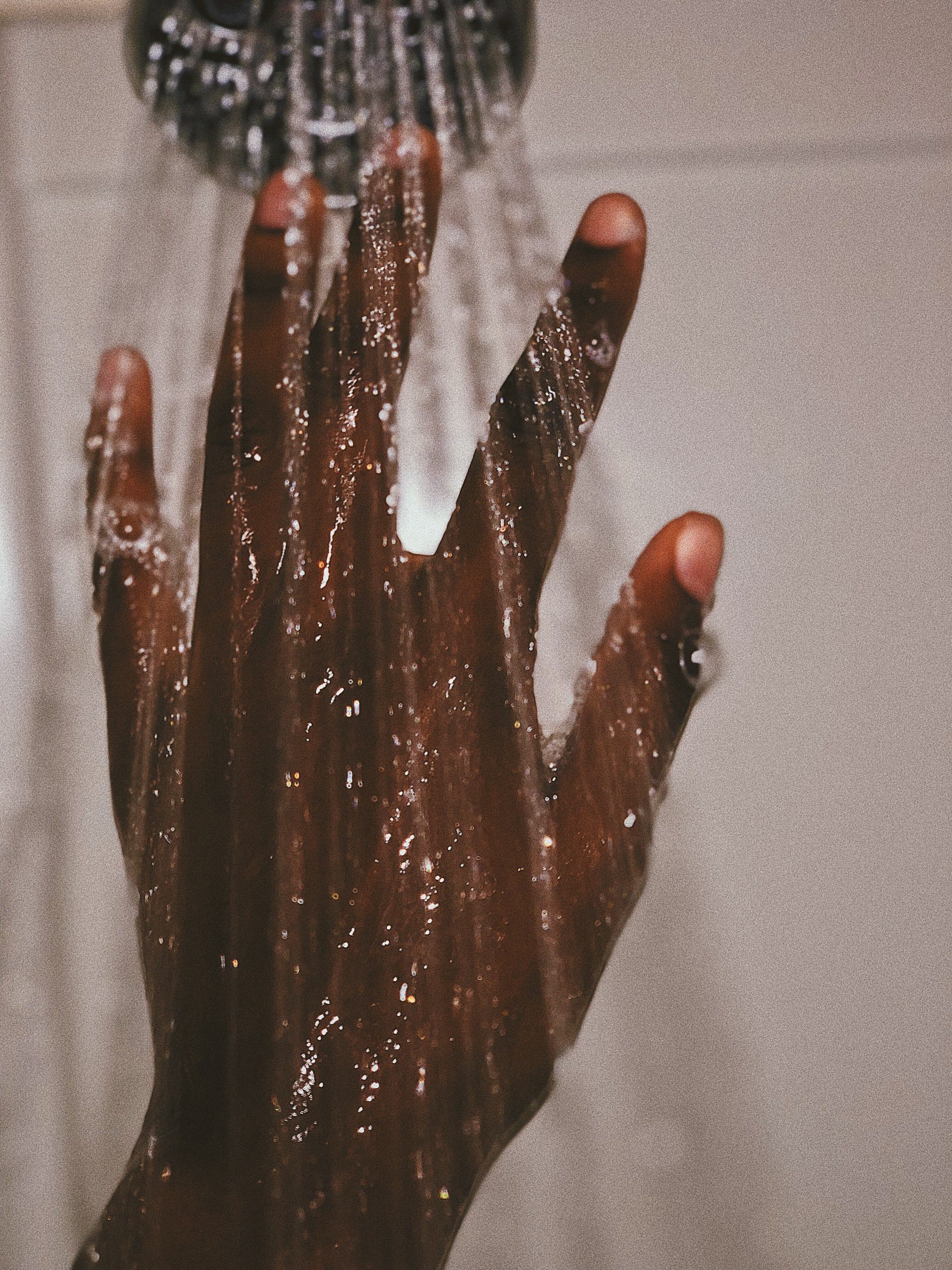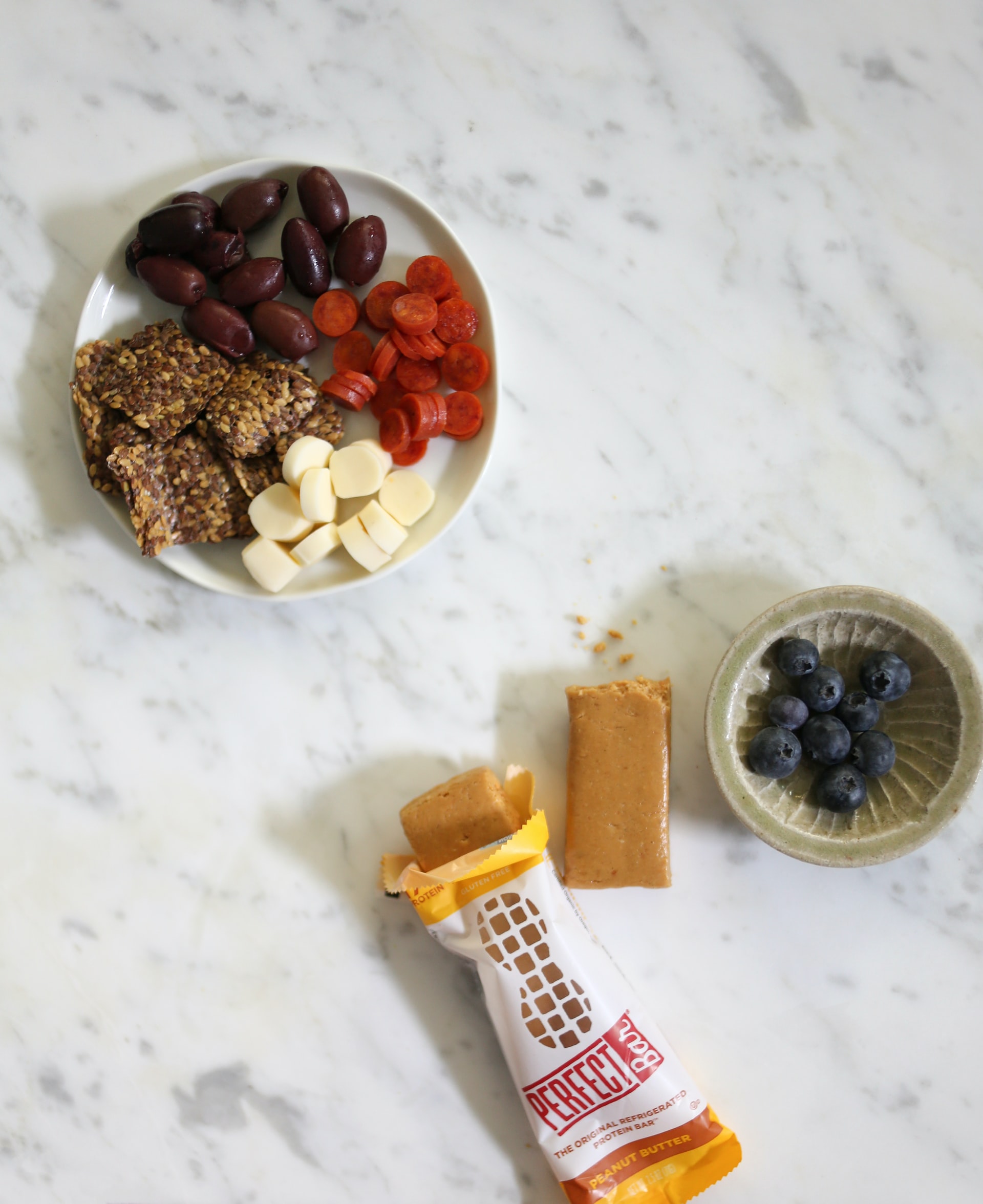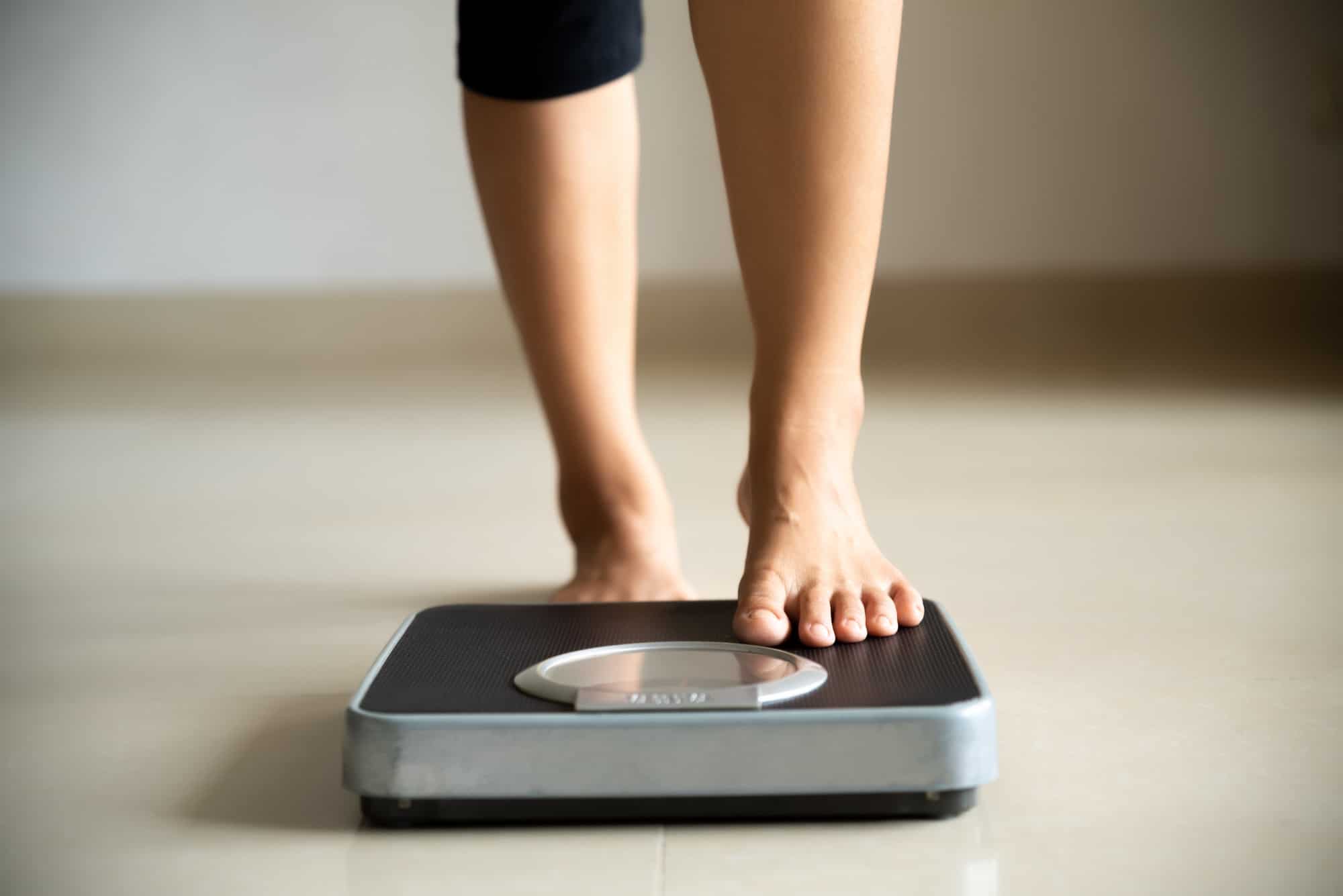
When you think of a relaxing shower, you probably think of water hot enough to cover everything in steam. This kind of shower is relaxing, sure, but how does water temperature impact your health? If you found out that cold showers might have benefits, would you consider changing your routine? We all have a responsibility to take care of ourselves, and it’s good to be aware of the possibilities of cold showers. Keep reading below to find out what strategies you can adopt to take advantage of the benefits of cold water!
How Does Cold Water Affect My Health?
First, we should define what qualifies as a cold shower. Different sources suggest that the temperature of “cold” water is anywhere from 60 to 70 degrees Fahrenheit, but the best guide is your response to the water. If it feels cold, the benefits we describe below will take effect. The other thing to note about the benefits of cold water is that they hit their peak after a few minutes. In other words, a cold shower of three minutes will do just as much good for your body and mind as a cold shower of ten minutes. Keep this in mind when the discomfort of the cold hits. It’s only temporary!
That being said, there are enough benefits to cold water that you should consider altering your shower habits. The easiest to notice is the effect on your circulation. Your body always does its best to maintain your core temperature, so when you’re hit with a spray of cold water, it will take more energy to maintain that core temperature. The use of this extra energy makes your circulatory system more efficient, which can be helpful when healing from sports injuries.
We should note that the very reason cold water improves circulation for most people can also threaten other people. If you suffer from cardiac disease, you should know that the usual physical reaction to cold water may put additional stress on your heart. This unnecessary stress could lead to an irregular heartbeat, which far outweighs any benefits of cold showers. Anyone with heart disease should consult their doctor before integrating the added stress of cold water into their daily routine.
Aside from improved circulation, the next thing a cold shower will affect is your mood. Cold showers have been beneficial to patients suffering from depression and anxiety, although they should not replace any depression medications or treatments. But why is that? It almost sounds too good to be accurate. However, getting hit with cold water releases endorphins, i.e., hormones that control your mood. More endorphins result in a lighter mood, which is why many people report the positive emotional effect of cold water in their routine.
How Should I Add Cold Water to My Routine?
If there’s a good chance that a brief cold shower will improve your day, you might be asking yourself how you can make the change. It’s uncomfortable when the water first hits you, of course, almost like a gentle version of electroshock therapy. But that’s exactly why cold showers are beneficial: your body’s response to the small stress of cold water improves your physical and emotional health. So how can you turn cold showers into a daily activity? There are three main tips you can use to build the habit of using cold water.
First, adjust the water’s temperature slowly. The first time you decide to take a cold shower, add it to the end of your regular shower routine and slowly decrease the temperature until it feels cold. The most dramatic effect will come from turning the water from hot to cold immediately, of course. Still, if you’re like most people, then you’ll have to build up to that. It’s okay to start slow!
Next, keep the duration of your cold shower short. Your ability to tolerate cold water will grow with practice, but, at first, it’s alright to stand under the cold water for about thirty seconds. The critical thing is stepping outside of your comfort zone. Once you have a little experience, you can start to increase the length of your cold showers to the most effective three minutes discussed earlier.
Finally, focus on controlling your breathing. When the cold water first hits you, the temptation is to breathe more rapidly and tense up your entire body. Instead, focus on keeping your breathing regular and try not to shiver. The goal is to build up endurance, and breathing too fast and shivering make it more uncomfortable than it has to be. You can still reap the benefits of a cold shower that you calmly endure!
A Parting Reminder
With all of these benefits and strategies in mind, take a moment to ask yourself whether cold showers might be suitable for you. They’re shocking at first, of course, but the tips we discussed will go a long way in helping you build up a tolerance and start to see the benefits. With enough practice and time, cold showers can become a central part of your routine!





0 Comments